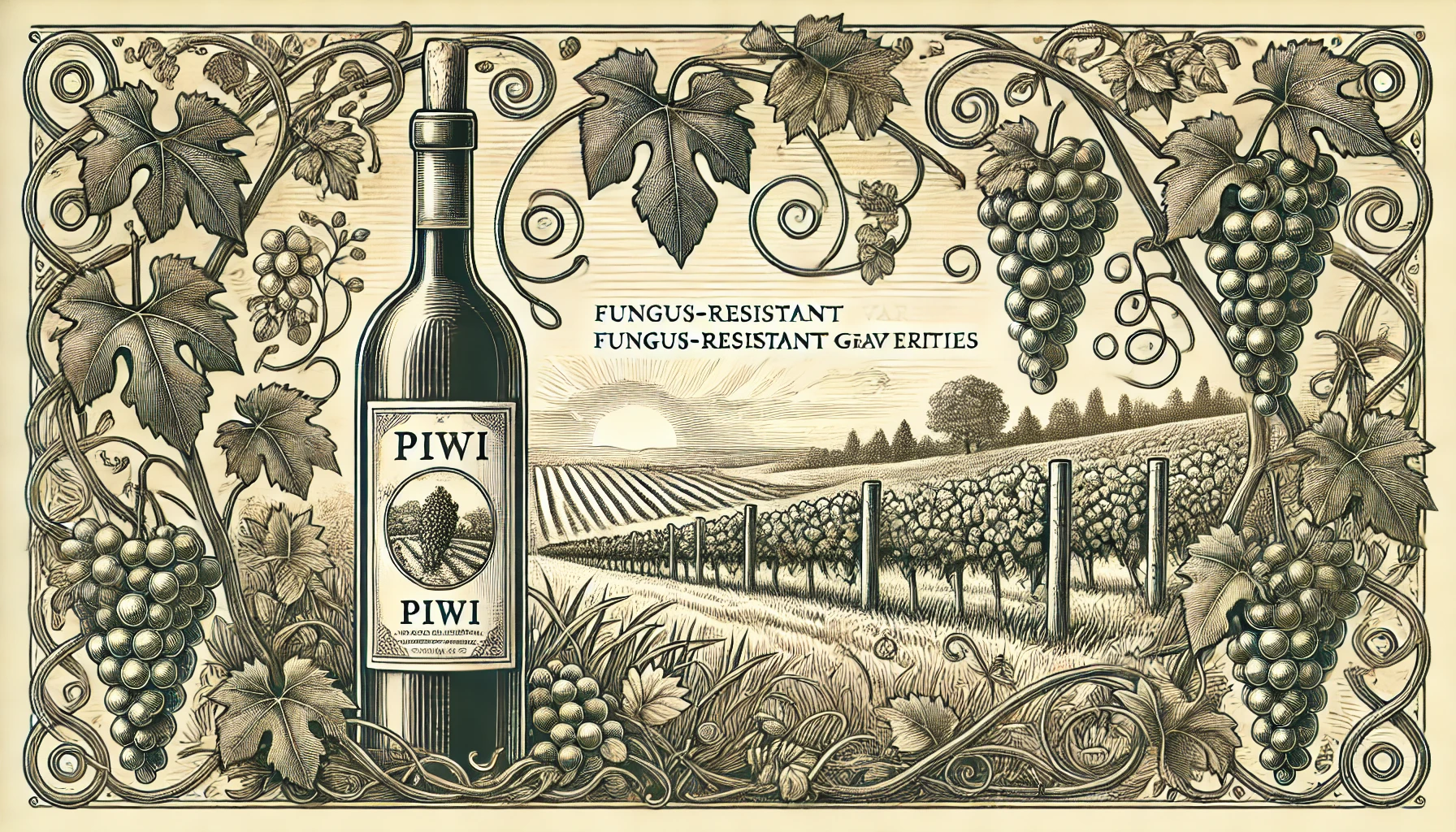
PIWI stands for Pilzwiderstandsfähige Rebsorten. This German term translates to “fungus-resistant grape varieties.” These grapes are hybrids, bred to resist common fungal diseases like downy mildew and powdery mildew. Traditional grape varieties, especially European ones (Vitis vinifera), are vulnerable to these diseases. They are created by crossing these European varieties with American or Asian species that naturally resist fungi.
The main goal of PIWI grapes is to reduce the need for chemical treatments in vineyards. Fungal diseases often require farmers to spray pesticides multiple times each season. They help cut down on these applications. This makes them more sustainable and eco-friendly. Organic wine producers, in particular, are very interested in these grape varieties. They align with the push for less pesticide use in farming.
PIWI grapes were not always popular for making quality wine. In the past, many believed they couldn’t match the flavor and character of traditional grapes. But with years of research and breeding, their reputation has improved. Today, many PIWI varieties produce high-quality wines. Some popular ones include Solaris, Regent, Muscaris, and Souvignier Gris.
PIWI varieties are gaining more attention as environmental awareness grows. In regions with a lot of rain or humidity, fungal diseases are a big problem. Farmers in these areas find PIWI grapes especially useful. Also, with stricter regulations on chemical use, PIWI grapes offer a way to maintain vineyards with fewer interventions.
As more people focus on sustainability, the demand for PIWI wines is expected to rise. They offer a great solution for eco-conscious wine producers and consumers alike.
Curious about more wine terms and insights? Visit our Wine Wiki section and explore the basic wine terms for expert definitions and tips!